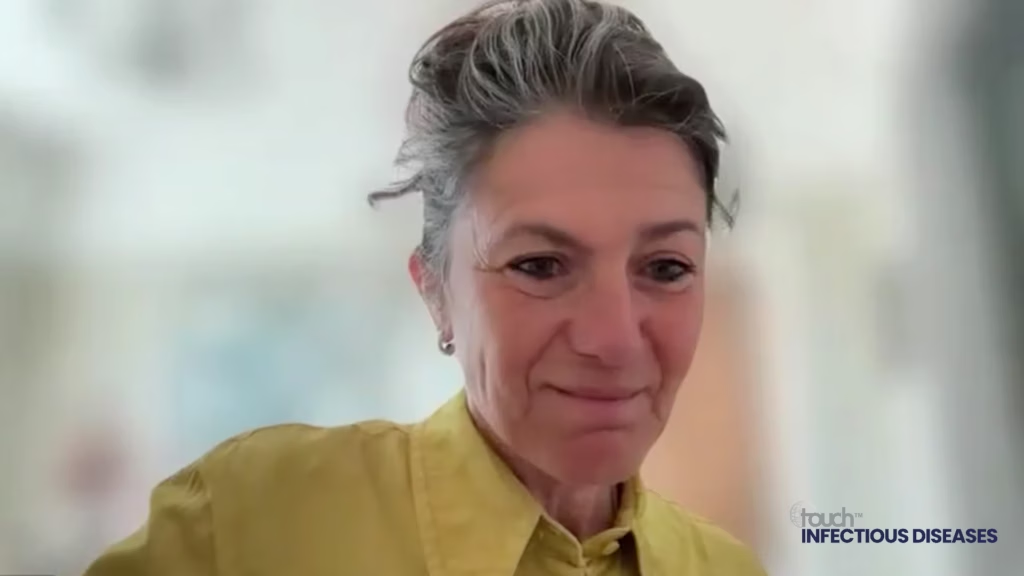It was a pleasure to meet with Yvette Raphael, patient advocate in HIV and Executive Director of Advocacy for Prevention of HIV and AIDS (APHA), South Africa, to share her perspective on evolving research, especially the use of bNAbs for preventing and treating HIV in women, young girls and at-risk populations. She also highlights the importance developing long acting antivirals and their access for women, young girls and at-risk populations from recent research presented at CROI 2023.
Broadly neutralizing antibodies (bNAbs) and long acting antivirals are a promising tool for preventing and treating HIV. Women and at-risk populations may benefit from bNAbs and long acting antivirals due to higher rates of HIV transmission. People living with HIV and those at risk are hopeful that advances will offer new options for protection and treatment, but more research is needed to understand their effectiveness and accessibility.
Interviews in this series:
Patient perspective: Landscape of HIV treatment and prevention in women and at-risk populations
Patient Perspective: Inclusivity of Women and underrepresented populations in HIV clinical trials
Patient Perspective: Disparities in HIV care and treatment
Questions:
- How do you see the future of broadly neutralizing antibodies (bNAbs) affecting women at risk and living with HIV, and what important research was presented at CROI 2023? (0:16)
- Following research presented at CROI 2023, how do you see the landscape of HIV treatment and care evolving, and what role do you think your role and other patient advocates will play in shaping that evolution? (1:14)
Disclosures: Yvette Raphael has nothing to disclose in relation to this video interview.
Support: Interview and filming supported by Touch Medical Media. Interview conducted by Katey Gabrysch.
Access more content on HIV treatment and prevention here
Transcript:
Good afternoon and thanks for having me. My name is Yvette Raphael and I’m the Executive Director of Advocacy for the Prevention of HIV and AIDS (APHA) in South Africa.
How do you see the future of broadly neutralizing antibodies (bNAbs) affecting women at risk and living with HIV, and what important research was presented at CROI 2023? (0:16)
First of all, it’s important that we remember that research is always evolving. New things will always come up, and the future without being bNAbs is almost impossible, is going to be part of the future. It’s also important for us to remember that women and girls, and especially young people, have not had an opportunity to get any prevention method that works for them. Whatever the research may hold, as long as young women, and women don’t have access to what works for them specifically, it’s going to be difficult to work. I also want to say that it’s important for us to remember that research will forever, ever evolve.
Following research presented at CROI 2023, how do you see the landscape of HIV treatment and care evolving, and what role do you think your role and other patient advocates will play in shaping that evolution? (1:14)
Firstly, the research at CROI 2023 was very science based and it also gave us a glimpse of what the future is going to look like. I spoke a little bit about being bNAbs as well as cure and HIV, you know, whether it is of vaccines or not. Somehow the future is going to have to include long acting HIV prevention and treatment, where we have currently patients struggling with poor burdens. The future with long acting treatment and prevention looks like looks bright, and that’s what we are looking forward to.









